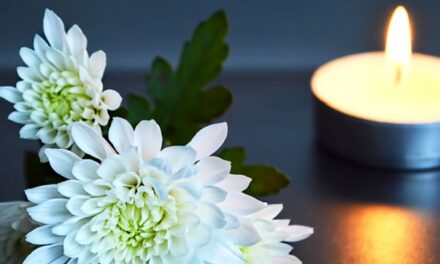People often say “I’m stressed” or “I have anxiety.” So what do you mean when you say you are stressed or anxious? There are actually two types of stress, distress and eustress. Distress refers to the type of stress that feels unrelenting, out of one’s level of normal coping, and feels negative. It often leads to lower functioning or “no functioning” if it persists. Eustress is often triggered by more positive events where a person can cope and function normally; events such as getting married, buying a house, or entering a new relationship could qualify as events that result in Eustress. The terms, “stress and anxiety” can be used interchangeably as they refer to the same psychological state. There are normal levels of anxiety that most people feel at times during their lives; anxiety becomes problematic if it persists and results in symptoms such as sleep disturbance, problems with thinking and concentration, and possibly panic attacks.
What should you do when you feel stressed or anxious? Author and family therapist, Virginia Satir had a unique way of thinking about anxiety. She suggested that anxiety was “excitement without the breathing.” So, naturally she suggested that if one were anxious, one should breathe more deeply and fully, and anxiety would turn to excitement. Satir also suggested that it is not the triggering events themselves that make a person feel anxious, but our relationship to those triggers. So, when your therapist asks, “How does that make you feel?” hopefully you will not feel patronized, and you will see this question as an important therapeutic inquiry into your relationship to your anxiety/stress triggers.
On the other hand, feeling anxious or stressed about something isn’t necessarily a bad thing; many clients tell me that they find that when they worry about something-even something that has never happened, it forces them to find creative solutions and cope ahead of the event(s). Worrying may mean that something in your life has importance and requires that more attention be paid to it. The key to worrying constructively may be to find the balance between normal worry and excessive worry. As author Paulo Cuelho’s protagonist is counseled in the bestselling book, “The Alchemist,” when learning the secret of happiness from the wisest man in the world, “The secret to happiness is to enjoy all of the beautiful tapestries on the wall, without spilling the drops of oil on the spoon.” In other words, “pay attention to the task at hand, but be sure to stop and smell the roses while you’re at it.”




